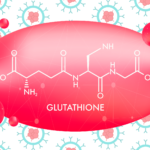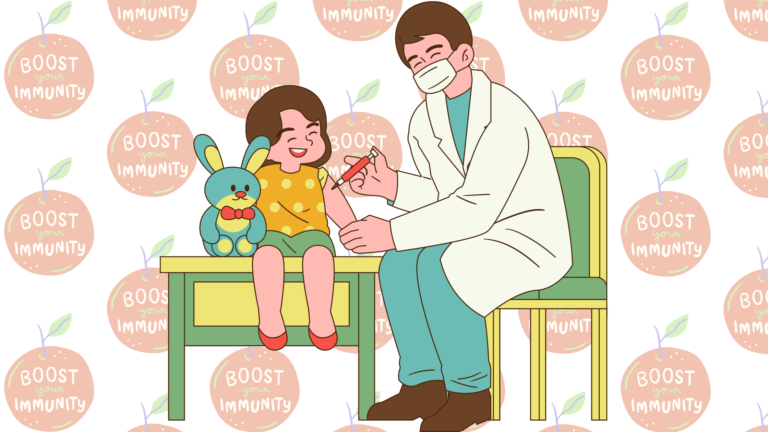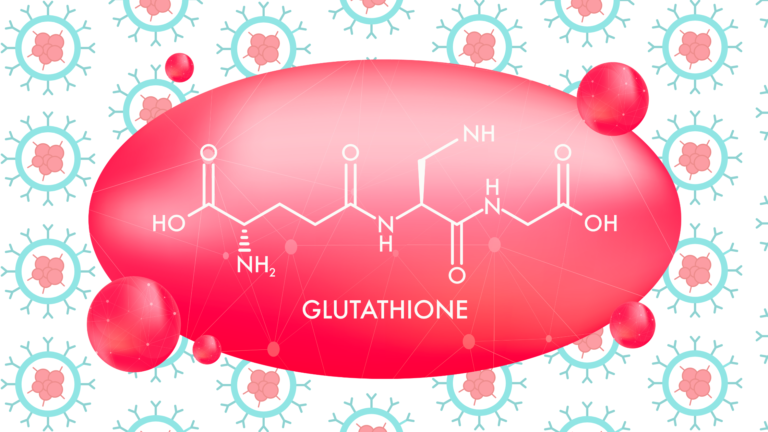
Berdi
urinary Track Health
In today’s fast-paced world, antibiotics have become a common remedy for a wide range of infections. However, as beneficial as antibiotics can be in treating infections, many individuals have wondered, “Can antibiotics cause constipation?” This article delves into this crucial question, shedding light on the potential link between antibiotics and constipation.
Before exploring the connection between antibiotics and constipation, it’s essential to understand what antibiotics are and how they work.
Antibiotics are a class of medications designed to combat bacterial infections in the body. They work by either killing the bacteria directly or inhibiting their growth. Antibiotics can be a lifesaver when it comes to treating various bacterial illnesses, from strep throat to urinary tract infections.
To grasp the connection between antibiotics and constipation, one must first understand the role of the gastrointestinal (GI) tract. The GI tract is a complex system responsible for the digestion and absorption of nutrients, as well as the elimination of waste from the body.
Antibiotics are not selective in their action; they can target both harmful and beneficial bacteria in the body. While this is necessary to eliminate infections, it can also disrupt the delicate balance of the gut microbiome.
The gut microbiome consists of trillions of microorganisms, including bacteria, that play a crucial role in digestion and overall health. When antibiotics eliminate a broad spectrum of bacteria, including the beneficial ones, it can lead to gastrointestinal disturbances, including constipation.
Research suggests that antibiotics can slow down the movement of the digestive tract. This reduced motility can result in constipation. Furthermore, the alteration of the gut microbiome can affect the production of essential substances like short-chain fatty acids, which play a role in maintaining gut health.
If you find yourself facing constipation while taking antibiotics, there are steps you can take to alleviate the discomfort:

While constipation is a potential side effect of antibiotics, it’s important to recognize that antibiotics have both benefits and risks. The ability to combat bacterial infections has undoubtedly saved countless lives, but their overuse or misuse can have broader implications.
One of the significant concerns in modern medicine is the rise of antibiotic resistance. When antibiotics are used indiscriminately or not completed as prescribed, bacteria can develop resistance to these drugs. This means that over time, some antibiotics may become ineffective against certain bacterial infections.
To address the issue of antibiotic resistance, healthcare professionals emphasize the importance of responsible antibiotic use. This includes:
In answer to the question, “Can antibiotics cause constipation?” – the answer is yes, they can. While antibiotics are essential for treating infections, their impact on the gut microbiome can sometimes lead to constipation. However, by staying informed and taking proactive measures, you can minimize the discomfort associated with antibiotic-induced constipation. Remember to consult your healthcare provider for personalized advice when needed.
It’s crucial to recognize that antibiotics are a vital tool in modern medicine. They have saved countless lives and will continue to do so. However, their use should always be approached with caution and responsibility to mitigate the risks associated with antibiotic resistance and potential side effects like constipation.
As we move forward, striking a balance between reaping the benefits of antibiotics and safeguarding against their potential drawbacks is paramount. Through responsible antibiotic use and ongoing research into alternative treatments, we can ensure that these life-saving medications remain effective for generations to come. Moreover, with Ez-Col, it is possible to treat your constipation without discontinuing the use of antibiotics. Ez-Col promises relief from constipation within 6 to 12 hours of consumption.










©2023 Route2Health®️
NTN: 2229383
AN ASSOCIATED COMPANY OF HIGHNOON LABORATORIES
STRN: 0301999937728

WhatsApp us
